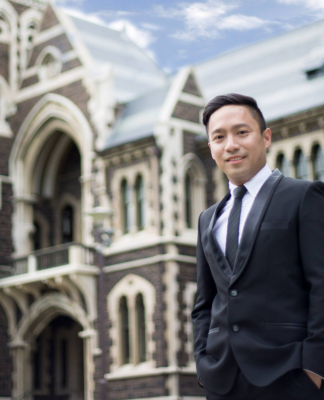FOR THE first time in Philippine election history, Catholic lay groups united to aggressively uphold the pro-life stance of the Catholic Church through the endorsement of candidates who would help protect family and the sanctity of life, despite the passage of the Reproductive Health (RH) law last year.
The “White Vote Movement” had endorsed Nancy Binay, JV Ejercito, Richard Gordon, Gringo Honasan, Marwil Llasos, Mitos Magsaysay, Koko Pimentel, Antonio Trillanes IV, Cynthia Villar and Juan Miguel Zubiri for senator, based on their positions on family and life issues such as RH, abortion, divorce and same-sex marriage.
Six of those endorsed—Binay, Ejercito, Honasan, Pimentel, Trillanes and Villar—have been proclaimed winners by the Commission on Elections, which somehow testifies the strong influence of the White Vote in our country where at least 80 percent of the population is Catholic.
But the White Vote, while a lay initiative, should be seen in the context of the Church’s overall campaign to educate voters and make its pro-life position a factor in the election. Other initiatives dovetail with this campaign, such as the Bacolod Diocese’s “Team Patay” campaign and the pastoral letter of Lingayen-Dagupan Archbishop Socrates Villegas that stopped short of endorsing candidates but further emphasized the need to vote based on the Church’s pro-life stand and Catholic social ethics.
At any rate, the White Vote Movement had the right to endorse candidates, said Fr. Melvin Castro, executive secretary of the Catholic Bishops’ Conference of the Philippines (CBCP) Episcopal Commission on Family and Life.
“The White Vote Movement is a lay initiative,” Castro told the Varsitarian. “As such, they are in their legal and moral rights to organize themselves and endorse, if they wish, candidates they discern to be worthy of a Catholic faithful’s support.”
Though Catholics do not vote as a bloc, they can vote as a community based on doctrines affecting social order, Castro said. “It is not a mandated vote but a vote adhering to Catholic teaching,” he said.
Meanwhile, Novaliches Emeritus Bishop Teodoro Bacani said in his homily last April 13 that Catholics can vote as a community based on doctrines affecting social order, adding that the endorsement of public officials is an election duty that is part of the Church’s mission to follow and spread the teachings of Christ.
To be sure, the results may be considered mixed. The pro-life vote may not have been enough to pull down the candidacies of many in the Senate slate of the administration of President Aquino, many of them having voted for RH. But many of these candidates were the biggest campaign spenders. It is also evident that the yellow press helped boost the chances of pro-RH administration candidates by publishing or broadcasting glowing reports about them toward the last weeks of the campaign. Many of these yellow news agencies are either owned by politicians and businessmen close to the administration or staffed with columnists and editors whose relatives are in high government.
In addition, anti-RH candidates in the administration slate were in perennial danger of being junked by party bosses in favor of pro-RH bets. The White Vote and Catholic blocs surely checked their being eased out.
The results are also mixed since dynastic politics seems to have been reaffirmed last May 13, despite the Catholic bishops’ call on voters to reject political dynasties. But it is also true that the call should be balanced by other considerations, just as a candidate’s pro-life position must be taken into account along with considerations of her competence, track record, moral integrity and the soundness and relevance of her political and economic platforms.
Without being over pessimistic or uncritically optimistic about the results of the May 13 exercise, it is best to consider the promise that the conscience vote holds to improve the discourse and quality of Philippine elections. And to realize that promise, it is crucial that the pro-life message be made to seep into every Filipino’s conscience and consciousness. Indeed, the pro-life message has been consolidated as a result of the campaign; in the process, correct conscience has been engendered. To be sure, the battle continues. As Pope Francis said when he was still Archbishop Jorge Mario Bergoglio of Buenos Aires: “Defend the unborn against abortion even if they persecute you, calumniate you, set traps for you, take you to court or kill you. No child should be deprived of the right to be born, the right to be fed, the right to go to school.”
















During the campaign period, senatorial candidates were asked what were the Top 3 platforms they stood for if elected and the number 1 issue Risa Hontiveros stood for was the Divorce Law. And now she and her supporters are dumbfounded she ended up #17.